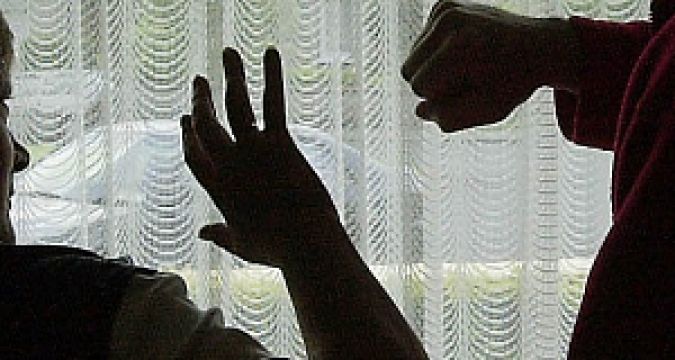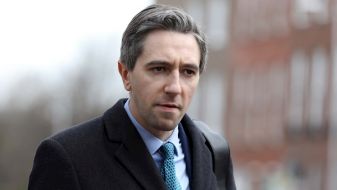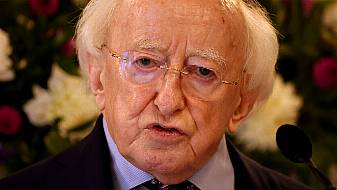More 30,000 staff and 235,000 students will be asked to detail any of their experiences of sexual misconduct, sexual harassment and sexual violence, as part of a ground-breaking survey.
The study, to be conducted by the Higher Education Authority (HEA), will measure the prevalence of sexual violence and harassment across college campuses.
Sexual misconduct includes crimes of sexual violence, stalking behaviours, online or offline, in a sexual context, and any verbal or physical harassment in a sexual context.
It also includes sexual cyberbullying of any kind, including the non-consensual taking or sharing of intimate images, and creating, accessing, viewing or distributing child abuse material online or offline.
The national survey will also ask staff their knowledge of policies, the availability of training and whether they feel safe in reporting allegations.
Bureaucratic issue
At the request of Simon Harris, the Minister for Further and Higher Education, the HEA was asked to conduct these surveys for future national equality, diversity and inclusion planning.
The survey has been developed in consultation with an expert advisory group which includes representatives from the National Women’s Council of Ireland, Rape Crisis Network Ireland, and the Rape Crisis Centre Forum.
This will be the opening of a conversation with students and staff of our higher education institutions, according to Mr Harris.
“It is a conversation which may trigger difficulties for many people,” he said.
“Sexual misconduct can be committed by a person of any gender but we know the majority of victims are women.
Advertisement
"We know this can occur between people of the same or different genders. It is often targeted and perpetrated to demean, diminish, and intimidate.”
There is no longer a situation where reports of sexual violence and sexual harassment can be simply regarded as a bureaucratic issue or referred to external agencies.
That is according to Alan Wall, HEA chief executive. “A cognitive shift is needed: one student sexually assaulted on campus or one early career researcher sexually harassed, is one too many.
“Staff and students need to be supported and the HEA, through this and other work in the area, is committed to ensuring a national higher education culture which is safe, respectful and supportive.”
If you have been affected by any of the issues raised in this article, you can contact Women’s Aid (24-hour freephone helpline at 1800 341 900, email helpline@womensaid.ie) or Men’s Aid Ireland (confidential helpline at 01 554 3811, email hello@mensaid.ie) for support and information.
Safe Ireland also outlines a number of local services and helplines at https://www.safeireland.ie/get-help/where-to-find-help/.
In the case of an emergency, always dial 999/112.







